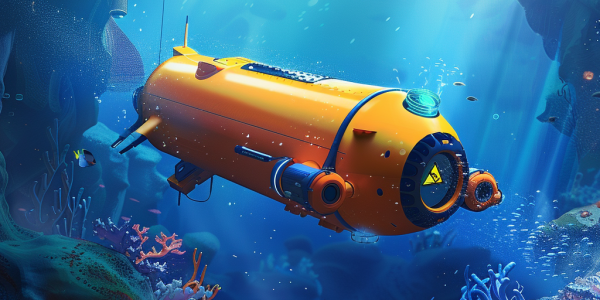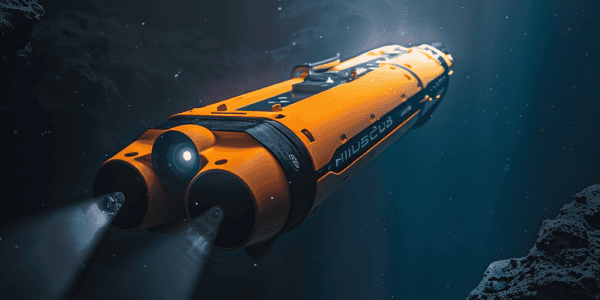China Develops First Autonomous Underwater Vehicle for Deep-Sea Microbial Sampling
Tianjin University has unveiled China’s first autonomous underwater vehicle (AUV) for deep-sea microbial sampling, revolutionizing marine research. This innovative AUV, tested in the South China Sea, enhances data collection efficiency and preserves microbial genes, crucial for studying ocean biodiversity. With potential implications for ecological balance and resource discovery, this advancement positions China at the forefront of marine biology. Explore how this technology could reshape our understanding of deep-sea ecosystems and contribute to environmental conservation.
Hydrus AUV: Revolutionizing Underwater Exploration
Discover the groundbreaking Hydrus autonomous underwater vehicle (AUV) by Australian company Advanced Navigation, revolutionizing underwater exploration with its compact size and superior capabilities. Equipped with a 4K/60p camera, dynamic lighting, and AI image processing, the Hydrus sets a new standard for underwater drones. Its untethered exploration capabilities have been actively involved in mapping Australia’s endangered coral reefs and searching for shipwrecks, showcasing its potential for environmental conservation and historical discovery.
$3.6 Million Submersible Vanishes Near ‘Doomsday Glacier’ in Antarctica
The University of Gothenburg’s $3.6 million submersible, Ran, has mysteriously disappeared near the ‘Doomsday Glacier’ in Antarctica. The uncrewed vessel was on a mission to study the Thwaites Glacier’s impact on rising sea levels. Its loss is a significant setback for climate change research, as it provided close-up exploration of glacial melting mechanisms. The disappearance has raised concerns about the potential impact of the ‘Doomsday Glacier’ on global sea levels.



